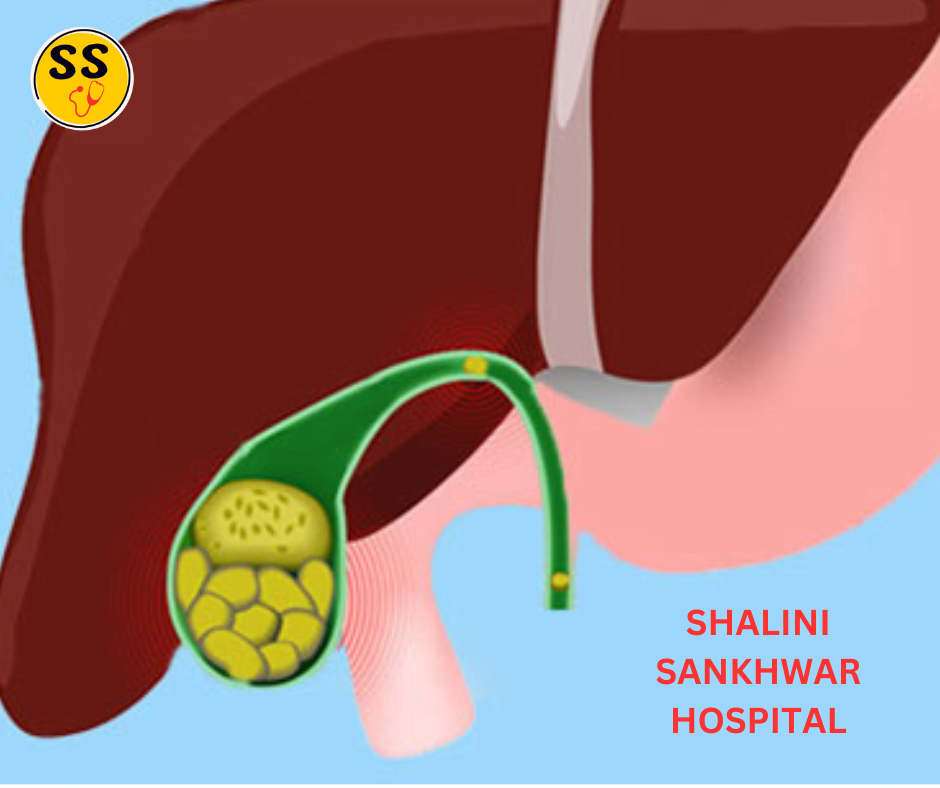What to eat after Gallbladder Removal surgery ?
Diet after Gall Bladder Removal Surgery is usually small frequent meals since The main organ of storage of bile is now gone.
Gallbladder removal, also known as cholecystectomy, is a common surgical procedure performed to treat gallbladder-related conditions such as gallstones or inflammation.
The gallbladder plays a crucial role in the digestion of fats, and its removal can sometimes impact digestion and nutrient absorption.
Therefore, it is important to make dietary adjustments after gallbladder removal to ensure proper digestion and overall well-being.
This webpage aims to provide guidance on the appropriate diet to follow after gallbladder removal.
- Why is diet changes important after gallbladder removal ?
- The gallbladder stores bile, which aids in the digestion and absorption of fats. Without the gallbladder, bile is directly released into the small intestine, making digestion of fats more challenging.
- Following a suitable diet can help alleviate symptoms such as diarrhea, bloating, and indigestion that some people experience after gallbladder removal.
- A well-balanced diet can support overall digestive health, prevent nutritional deficiencies, and promote weight management.
- Small changes gets Big Difference
- Gradually introduce foods: After surgery, it is advisable to start with a bland and low-fat diet, gradually reintroducing other foods to assess tolerance.
- Limit fat intake: Although the gallbladder is no longer present, the liver still produces bile to aid in fat digestion. However, consuming large amounts of fat in a single meal can overwhelm the liver’s bile production capacity. Therefore, it is recommended to limit fat intake and choose healthier fats such as avocados, olive oil, and fatty fish.
- Choose lean protein sources: Opt for lean meats like poultry, fish, and legumes as they are easier to digest. Avoid fried or fatty cuts of meat.
- Fiber-rich foods: Include a variety of fruits, vegetables, whole grains, and legumes in your diet to maintain healthy bowel movements. Gradually increase fiber intake to avoid any digestive discomfort.
- Small, frequent meals: Instead of consuming large meals, try eating smaller, more frequent meals throughout the day. This can help prevent overloading the digestive system and minimize digestive issues.
- Stay hydrated: Drink an adequate amount of water each day to promote healthy digestion and prevent constipation.
- Foods to avoid
- High-fat foods, Fried foods, fatty cuts of meat, full-fat dairy products, and greasy snacks can be hard to digest and may trigger symptoms.
- Spicy and acidic foods, Some people find that spicy or acidic foods, such as citrus fruits and tomato-based products, can worsen digestive symptoms.
- Gas-producing foods, Certain foods, such as beans, lentils, cabbage, onions, and carbonated beverages, can cause gas and bloating. Pay attention to how your body reacts to these foods and adjust accordingly.
- The Road Map to fitness,
- Chew properly ,Take your time to chew your food thoroughly, as this can aid in digestion and reduce the workload on your digestive system.
- Keep a food diary, Track your meals and note any symptoms or reactions. This can help identify specific foods that may be causing discomfort and guide adjustments to your diet.
- Consult a dietitian, If you are struggling to navigate your post-gallbladder removal diet or have specific concerns, consider consulting a dietitian who can provide personalized guidance and support.
Dont worry,
Even after Gall Bladder Removal,
Bile is still produced regularly,
While gallbladder removal may require some adjustments to your diet,
It does not mean you cannot enjoy a wide variety of foods.
Following a balanced diet, low in fat and high in fiber, can help minimize digestive symptoms and promote overall digestive health.
Listen to your body,
Make gradual changes, and consult us if problem persist.
for details you can send your ultrasound reports at 9716766666 and we will call you to explain all the details.
To take appointment for abortion, you can also call at 9716766666
visit page for location and address address of Sankhwar hospital kondli
please follow us on Instagram
for Sankhwar Hospital photos please click here

